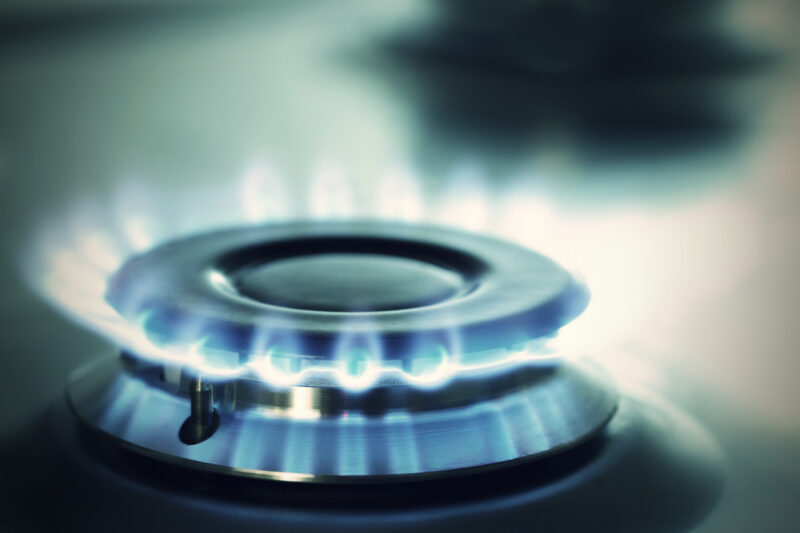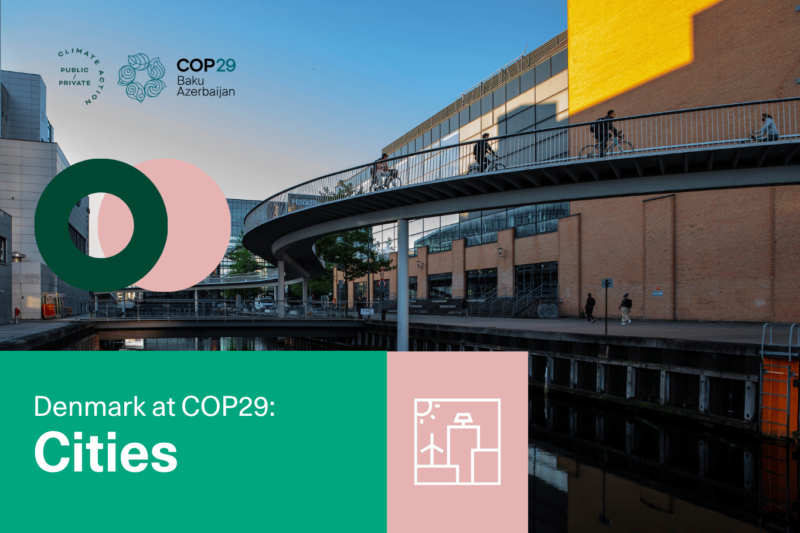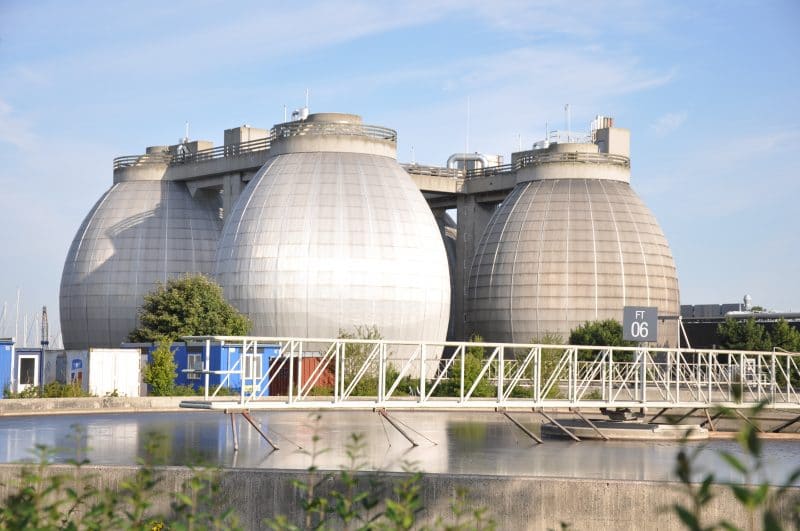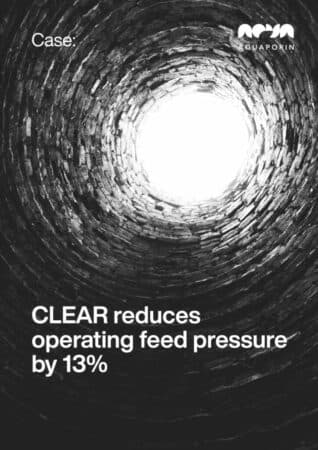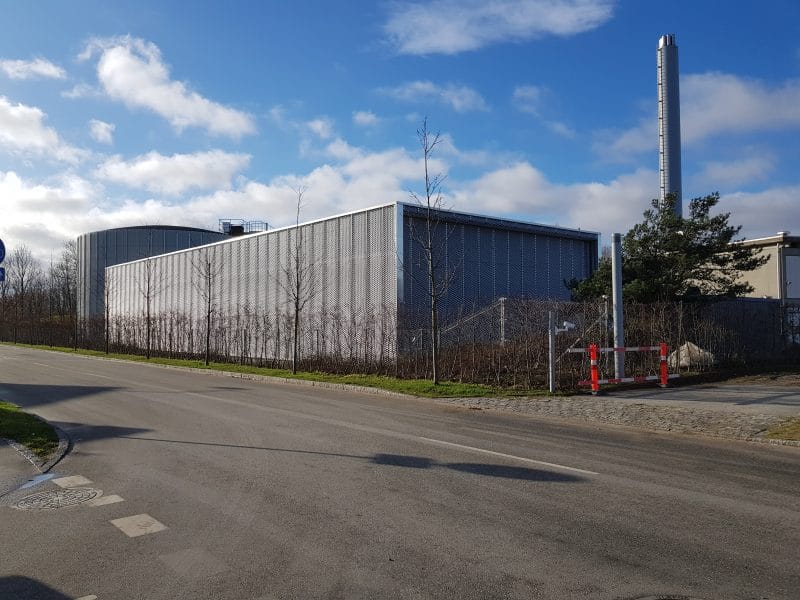News
Wastewater management
Water supply
Completion of landbased type approval tests


We are pleased to announce that all the required landbased testing of the CompactClean Ballast Water Management System has been successfully completed. The testing was performed in accordance with both IMO and US Coast Guard requirements and paves the way for issue of both IMO and USCG type approval certificates later this year.
DESMI Ocean Guard’s CompactClean Ballast Water Management System (BWMS) has now successfully completed all the landbased testing required by both IMO and US Coast Guard (USCG). The testing includes a total of 15 landbased tests, 5 in each of the 3 salinities required: fresh water, brackish water, and marine water.
Results of the testing confirm that the system meets the stringent discharge requirements without any special operating mode to be employed in US territory and without any minimum holding time to be observed between ballast water uptake and discharge.
“We are especially pleased that no less than 7 landbased tests performed in different salinities and at various levels of UV-transmission of the water have been successfully completed with the shortest holding time allowed for landbased testing. This means that there is no required minimum holding time for the CompactClean system. Requirement for minimum holding times for type approved BWMSs is one of the main issues that ship operators are facing within ballast water treatment today, and we are happy to be able to provide a solution with our CompactClean system,” explains Rasmus Folsø, CEO of DESMI Ocean Guard A/S, and continues:
“It is a significant achievement that the CompactClean system does not need a special US operation mode to meet the USCG requirements in US territory. With just one operation mode used globally, there is no need for knowing the de-ballast location at the time of ballast uptake, in order to determine if the BWMS should be operated in IMO or US mode. Likewise, there are no issues related to mixing IMO and USCG treated ballast water when water is treated in one mode during ballast operation, but then pumped to a tank with remains of water treated in another mode. Mixing of ballast water treated in different modes is also a concern when water is moved internally from tank to tank during a voyage to compensate for consumed fuel. All these issues represent serious complications to the ship operator when using BWMS that must be switched to one operation mode in US and another in the rest of the world. With CompactClean we have managed to solve this.”
The CompactClean BWMS consists of an automatic backflushing filter, a UV unit, valves, sensors, and controls. The UV unit has a unique and patent pending shape that is the result of hundreds of state of the art numerical simulations. This shape ensures optimum dosage of the UV to all organisms in the water, and the result is a system that meets even the very strict USCG type approval requirements. Furthermore, the system includes many features that are of importance to the daily operation. One example is automatic generation of PDF reports that document all the performed ballast water treatment, in a format that is suitable for submission to local port authorities and others. Another example is that the system includes a pump that can be used as stripping pump under ballast stripping operations, thus solving one of the main problems for ballast water management system installations today.
The CompactClean BWMS is currently undergoing type approval testing according to both IMO and USCG requirements, under the surveillance of Lloyd’s Register. All landbased tests have been completed and the final shipboard test and the environmental tests are planned to be completed in May 2018, paving the way for issue of IMO and USCG type approval certificates around June/July 2018.
For more information on the CompactClean Ballast Water Management System, please visit www.compactclean.info
You should consider reading
solutions
Climate change adaptation
+4
WATER CONSERVATION IN AFRICA
4 November 2024solutions
Wastewater treatment
+1

